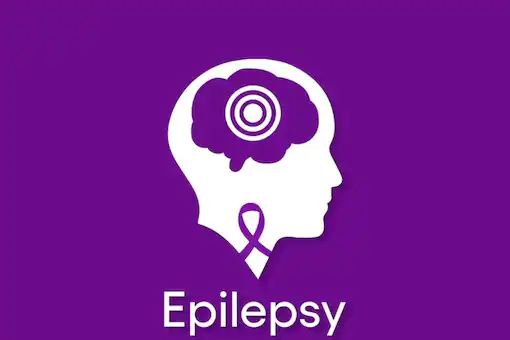
On National Epilepsy Day, attention is drawn to the intricate relationship between hormonal fluctuations and seizure activity in women with epilepsy. Catamenial seizures, affected by menstrual cycle hormonal changes, underscore the need for tailored treatments and heightened awareness within the medical community.
Dr. Ravindra Srivastava, Director of Neurosurgery at Primus Super Speciality Hospital, emphasizes the significance of recognizing catamenial seizures. These seizures, influenced by hormonal shifts during the menstrual cycle, can impact seizure frequency. Understanding this phenomenon is crucial for managing epilepsy in women.
Hormonal changes, particularly involving estrogen and progesterone, are linked to fluctuations in seizure occurrence. Research in animals suggests that high estrogen levels can trigger or exacerbate seizures, while progesterone exhibits protective qualities against seizures. The imbalance or inadequate levels of these hormones during certain phases of the menstrual cycle may contribute to seizures in women with epilepsy.
Tailored strategies play a pivotal role in mitigating seizures associated with the menstrual cycle. Adjusting seizure medication doses before heightened seizure periods (for women with regular cycles), with guidance from healthcare providers, is one approach. Managing premenstrual water retention, considering additional seizure medication like lorazepam (Ativan) during the menstrual cycle, and employing hormonal agents such as progesterone or birth control pills are also recommended for women with catamenial epilepsy.
While studies have demonstrated benefits for some women using progesterone to manage seizures, a 2012 randomized controlled study showed no significant difference between progesterone usage and a placebo or non-active drug. However, certain subsets of women were found to benefit from progesterone treatment.
Dr. Srivastava advises women to track their menstrual cycles and consider other potential seizure triggers during those times. Lifestyle adjustments, prioritizing proper sleep, medication adherence, and trigger avoidance, are vital steps to minimize seizure risk during menstruation, particularly for women sensitive to hormonal changes.
National Epilepsy Day serves as a platform to raise awareness about these unique challenges faced by women with epilepsy and underscores the importance of individualized approaches to improve their quality of life and treatment outcomes.











